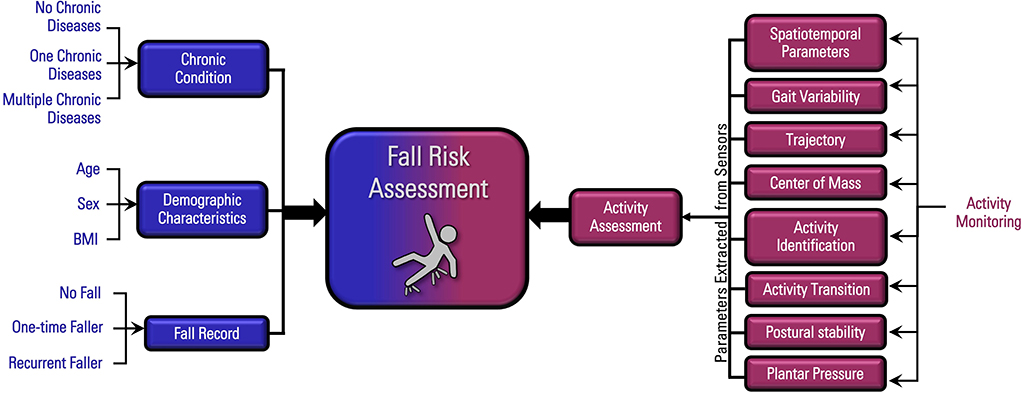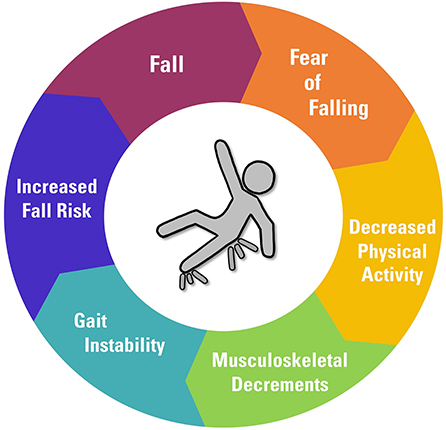Dementia Fall Risk Things To Know Before You Buy
Dementia Fall Risk Things To Know Before You Buy
Blog Article
Get This Report about Dementia Fall Risk
Table of ContentsAll About Dementia Fall RiskLittle Known Questions About Dementia Fall Risk.The Ultimate Guide To Dementia Fall RiskThe 5-Second Trick For Dementia Fall Risk
A fall danger evaluation checks to see how most likely it is that you will certainly drop. It is mainly done for older grownups. The assessment usually consists of: This consists of a series of inquiries about your total health and if you have actually had previous falls or troubles with balance, standing, and/or walking. These tools examine your stamina, balance, and stride (the way you stroll).Interventions are suggestions that may reduce your risk of falling. STEADI includes 3 actions: you for your danger of dropping for your threat elements that can be boosted to attempt to protect against drops (for example, equilibrium issues, impaired vision) to lower your danger of dropping by making use of efficient strategies (for example, supplying education and learning and sources), you may be asked numerous concerns consisting of: Have you fallen in the past year? Are you worried about falling?
After that you'll take a seat once again. Your provider will certainly inspect for how long it takes you to do this. If it takes you 12 secs or even more, it may indicate you go to greater risk for an autumn. This test checks stamina and balance. You'll being in a chair with your arms went across over your chest.
Relocate one foot halfway onward, so the instep is touching the large toe of your various other foot. Move one foot fully in front of the other, so the toes are touching the heel of your various other foot.
Not known Facts About Dementia Fall Risk
The majority of falls happen as an outcome of several contributing variables; as a result, managing the danger of falling starts with recognizing the factors that add to fall threat - Dementia Fall Risk. Several of the most pertinent danger variables consist of: Background of prior fallsChronic clinical conditionsAcute illnessImpaired stride and balance, reduced extremity weaknessCognitive impairmentChanges in visionCertain risky drugs and polypharmacyEnvironmental factors can also enhance the danger for falls, including: Poor lightingUneven or damaged flooringWet or slippery floorsMissing or harmed handrails and get barsDamaged or poorly equipped devices, such as beds, wheelchairs, or walkersImproper use of assistive devicesInadequate guidance of the individuals living in the NF, including those who show aggressive behaviorsA successful autumn threat administration program requires a complete scientific analysis, with input from all participants of the interdisciplinary group
.png)
The treatment plan need to likewise consist of treatments that are system-based, such as those that advertise a risk-free setting (proper lights, hand rails, order bars, and so on). The efficiency of the treatments need to be assessed occasionally, and the care strategy modified as necessary to mirror changes in the fall threat analysis. Implementing a loss threat administration system making use of evidence-based ideal method can reduce the prevalence of falls in the NF, while limiting the potential for fall-related injuries.
Getting My Dementia Fall Risk To Work
The AGS/BGS standard advises screening all adults matured 65 years and older for fall risk yearly. This screening is composed of asking clients whether they have fallen 2 or more times in the past year or sought medical interest for a fall, or, if they have actually not fallen, whether they feel unstable when walking.
Individuals who have fallen once without injury ought to have their equilibrium and gait evaluated; those with gait or balance abnormalities ought to receive extra assessment. A history of 1 autumn without injury and without gait or equilibrium problems does not require more analysis past ongoing yearly loss threat screening. Dementia Fall Risk. An autumn danger analysis is needed as part of the Welcome to Medicare assessment

What Does Dementia Fall Risk Do?
Recording a falls background is one of the quality signs for loss prevention and administration. copyright medicines in certain are independent predictors of drops.
Postural hypotension can commonly be alleviated by decreasing the dosage of blood pressurelowering medications and/or quiting medicines that have orthostatic hypotension as a side impact. Use above-the-knee assistance hose and sleeping with the head of the bed elevated may additionally decrease postural decreases in high blood pressure. The preferred components of a fall-focused checkup are revealed in Box 1.

A pull time above or equivalent to 12 seconds suggests high loss risk. The 30-Second Chair Stand test analyzes lower extremity strength and equilibrium. Being not able to stand from a chair of knee height without making use of one's arms indicates boosted click this loss threat. The 4-Stage Balance examination assesses fixed balance by having the person stand in 4 settings, each progressively a lot more challenging.
Report this page